Tel Aviv, May 23, (V7N) – Amid escalating tensions in the Middle East, Israel is reportedly preparing for a week-long military operation targeting Iran’s nuclear infrastructure, should negotiations between Washington and Tehran over Iran’s nuclear program collapse.
According to a report published Thursday by Axios, citing two Israeli sources familiar with the matter, Israel is finalizing plans and logistics for a swift, sustained strike on Iran's nuclear facilities. The preparations come as Iran and Israel move closer to direct conflict, following recent hostilities linked to the ongoing Gaza crisis—marking the first time the two regional rivals have engaged in military action against one another.
Sources told Axios that Israeli intelligence officials now believe the window of opportunity for a successful strike is closing fast. One source noted that any delay could diminish the effectiveness of such an operation, though specific reasons were not disclosed. The Israeli military has therefore ramped up training exercises and contingency planning, closely monitored by U.S. military officials.
The Israeli Defense Forces (IDF) have reportedly been conducting extensive exercises in recent weeks, with preparations overseen in coordination with Washington. While U.S. President Donald Trump has yet to explicitly authorize an Israeli strike, Prime Minister Benjamin Netanyahu is said to be prepared to act unilaterally if necessary.
In a high-level security meeting earlier this week, Netanyahu reportedly discussed the deteriorating prospects of nuclear diplomacy with top ministers and intelligence officials. The next round of U.S.-Iran nuclear talks is scheduled for Friday in Rome, where negotiators will continue efforts to revive a nuclear agreement.
A key sticking point remains uranium enrichment. White House Ambassador Steve Witkoff recently delivered a written proposal to Iran, but stated on ABC News that “we have a very clear red line, and that is uranium enrichment.” He added that the U.S. is unwilling to accept even a 1% increase in enrichment capacity—while Iranian leaders insist on maintaining their right to enrichment.
Two Israeli sources told CNN that the planned operation would not be a one-time strike, but rather a week-long, complex military campaign aimed at disabling Iran’s nuclear capabilities. Analysts warn that such an action could trigger widespread regional conflict and raise the risk of radioactive contamination.
At a press conference earlier this week—his first in six months—Prime Minister Netanyahu said, “Israel and the United States are in complete agreement on Iran. We respect their interests, and they respect ours. We work almost completely together.” He emphasized that Israel would respect any international agreement that prevents Iran from developing nuclear weapons but reaffirmed Israel’s right to self-defense against any regime that threatens its existence.
The report comes at a time of sharpening hostilities and deepening fears of a regional war that could have far-reaching consequences for both security and stability across the Middle East.
END/MSS/AJ








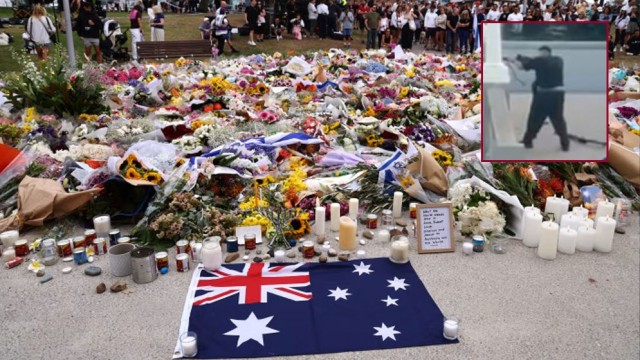
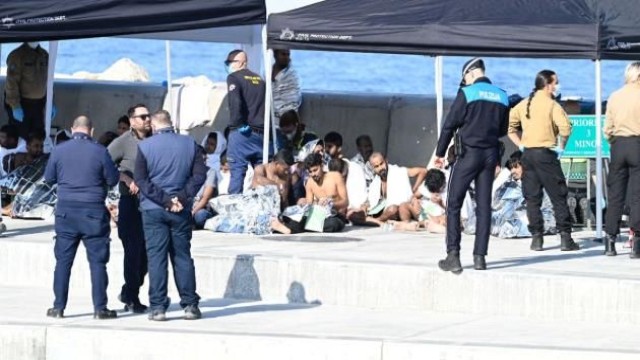


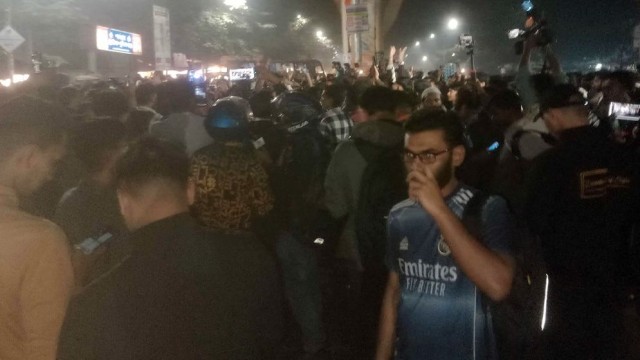





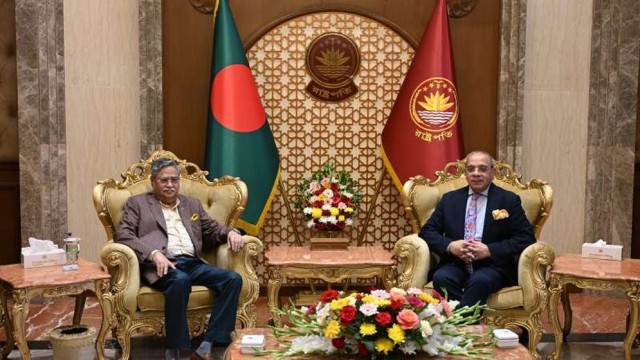





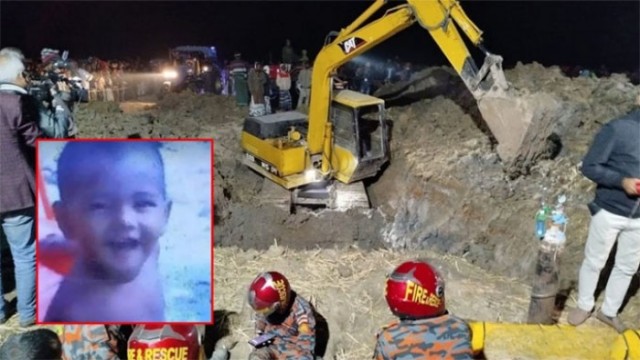






Comment: